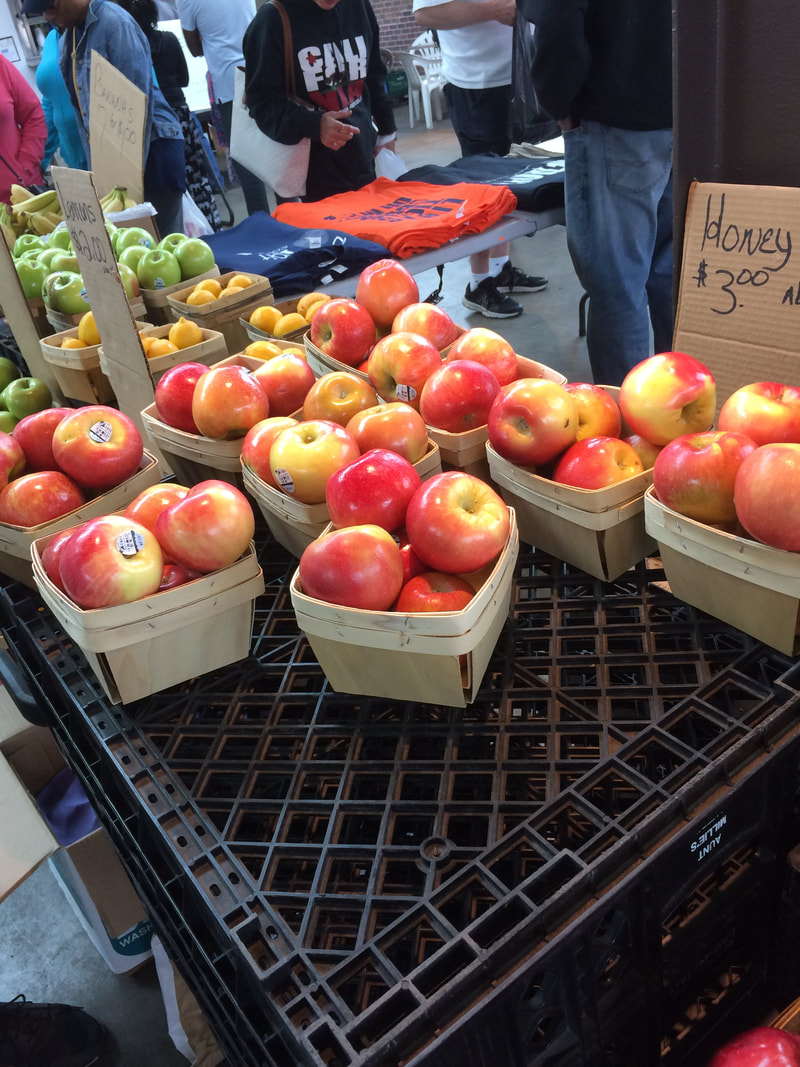All of us dreamed to be entrepreneurs at some point in our lives. I mean, if you ever owned a lemonade stand, you learned firsthand what it took to start your own business and how it felt: the excitement of making your very own product (or having your parents buy it from the store if you were lazy like me), the exhilaration of selling it to thirsty customers, and the joy of counting your quarters and the profit you made. We proved that we had the capabilities to make something for ourselves, that we had our own inherent ability to innovate and create our own success.
We then grew up having our creativity and innovation rewarded, but not for its ability to help others. From the science fair projects to the pieces we made in art class, we fostered our imaginations and were consistently rewarded for doing so. We were rewarded for what we could do for ourselves, but not for others.
But when I came to Duke, I wanted to experience otherwise. I had heard about “social entrepreneurship”, but it was simply a term that was constantly thrown around. I knew it had something to do with businessmen and solving the world’s problems, but what exactly was social entrepreneurship? In an effort to find the answer for myself, I found myself joining this very DukeEngage Detroit Program. I had read about the multiple businesses that were harnessing their innovation and creativity to bring this city from the ashes. But reading about it was not the same as truly understanding it.
However, working for MoGo Detroit, a non profit bikeshare company, has shown me firsthand what it means to be a social entrepreneur. The company is comprised of four team members, all of whom exude a passion for what they do. They’re innovators and creators, constantly using their imagination to determine new ways to improve accessibility to cycling for a variety of demographics. The new Adaptive MoGo program, a program that provides thirteen adaptive bicycles for those who can’t ride a traditional two wheel bike, is an innovation that allows the disabled and elderly to enjoy the thrill of cycling. Like the lemonade stand, I witnessed what it took to develop this program: the marketing, the outreach to organizations, the production of these bicycles, the constant meetings. But unlike what I had known, innovation was not meant for our success. Rather, it was for the sole purpose of providing a service to those who need it most, the awareness and passion to provide for others.
We then grew up having our creativity and innovation rewarded, but not for its ability to help others. From the science fair projects to the pieces we made in art class, we fostered our imaginations and were consistently rewarded for doing so. We were rewarded for what we could do for ourselves, but not for others.
But when I came to Duke, I wanted to experience otherwise. I had heard about “social entrepreneurship”, but it was simply a term that was constantly thrown around. I knew it had something to do with businessmen and solving the world’s problems, but what exactly was social entrepreneurship? In an effort to find the answer for myself, I found myself joining this very DukeEngage Detroit Program. I had read about the multiple businesses that were harnessing their innovation and creativity to bring this city from the ashes. But reading about it was not the same as truly understanding it.
However, working for MoGo Detroit, a non profit bikeshare company, has shown me firsthand what it means to be a social entrepreneur. The company is comprised of four team members, all of whom exude a passion for what they do. They’re innovators and creators, constantly using their imagination to determine new ways to improve accessibility to cycling for a variety of demographics. The new Adaptive MoGo program, a program that provides thirteen adaptive bicycles for those who can’t ride a traditional two wheel bike, is an innovation that allows the disabled and elderly to enjoy the thrill of cycling. Like the lemonade stand, I witnessed what it took to develop this program: the marketing, the outreach to organizations, the production of these bicycles, the constant meetings. But unlike what I had known, innovation was not meant for our success. Rather, it was for the sole purpose of providing a service to those who need it most, the awareness and passion to provide for others.

 RSS Feed
RSS Feed
